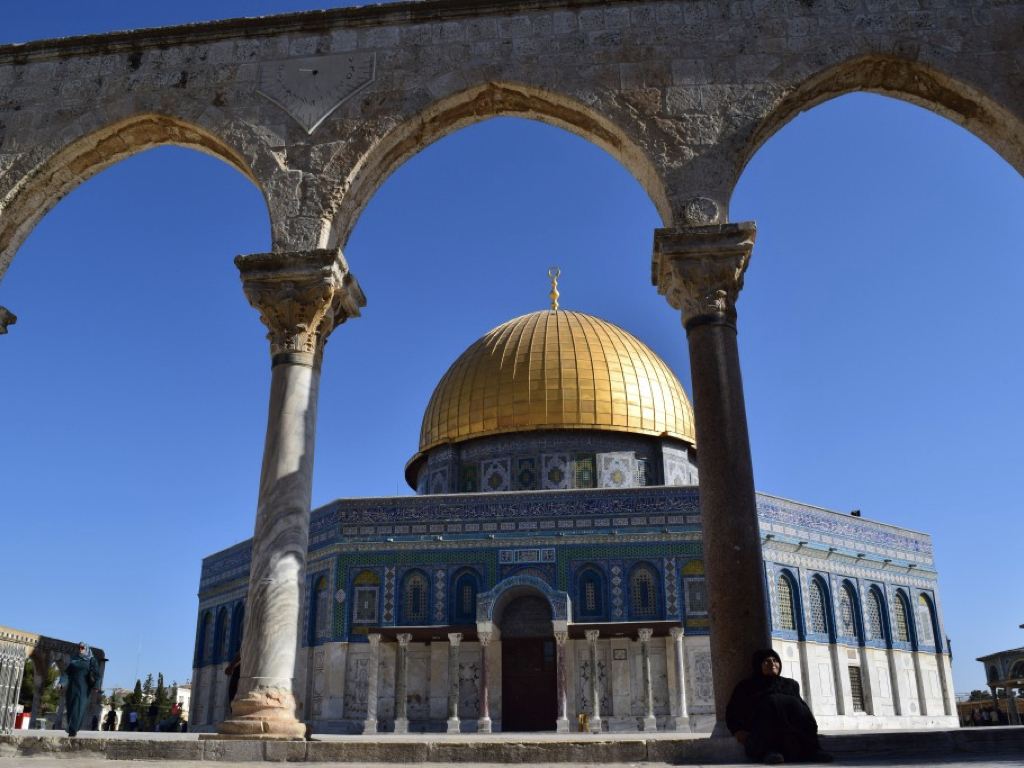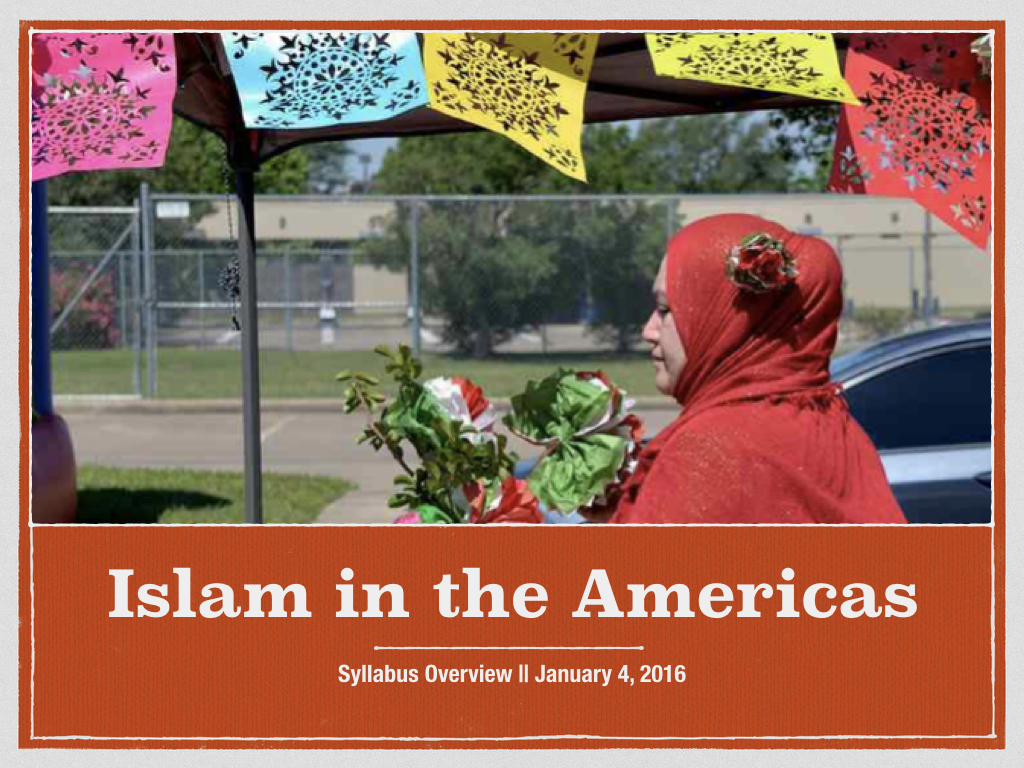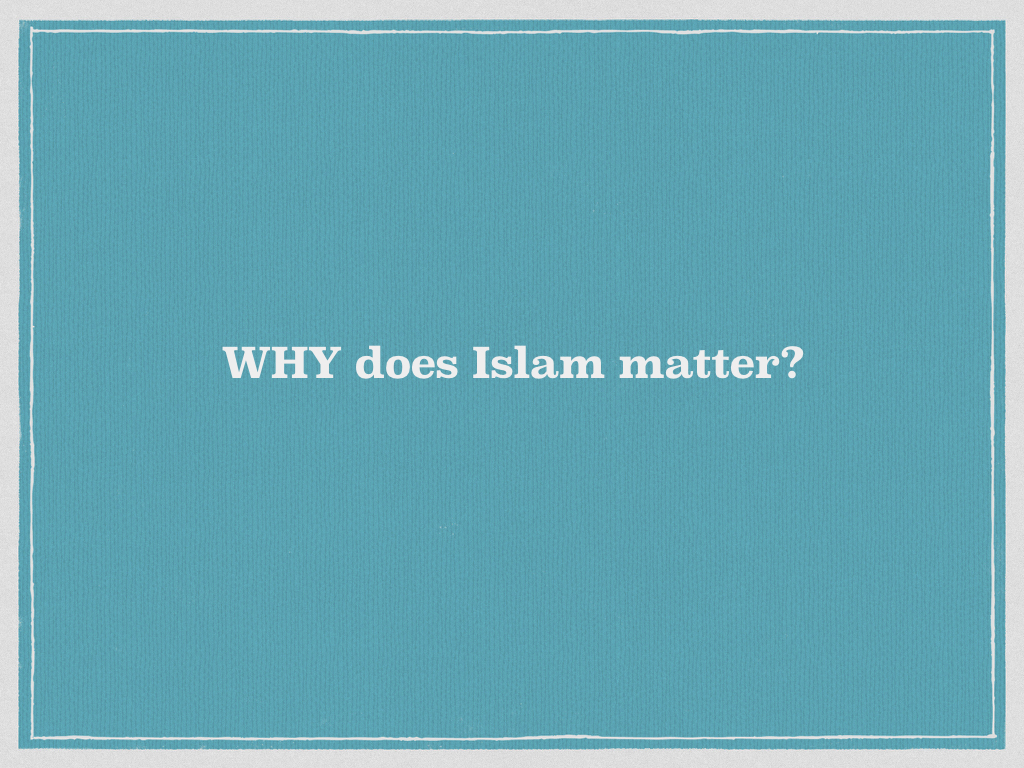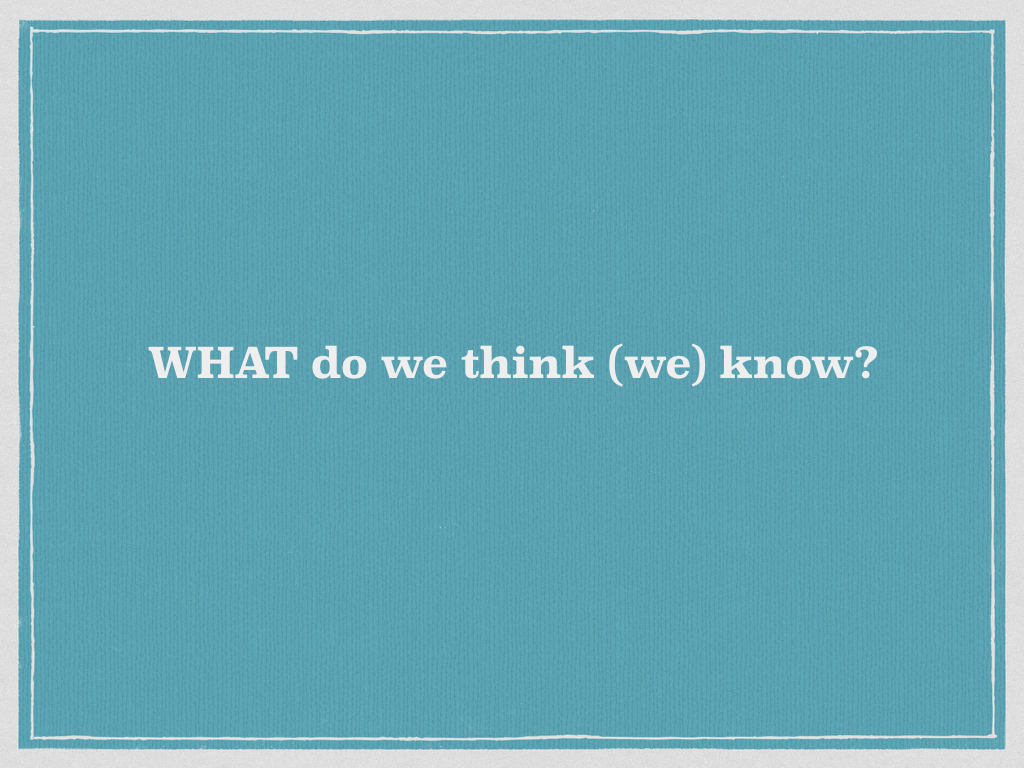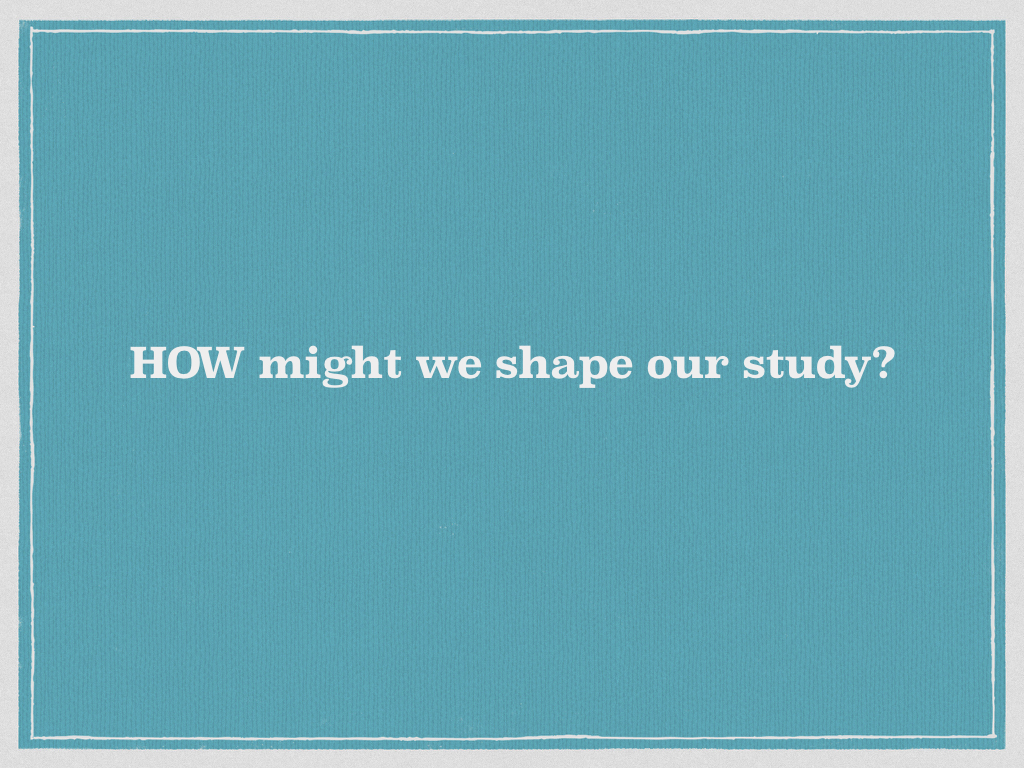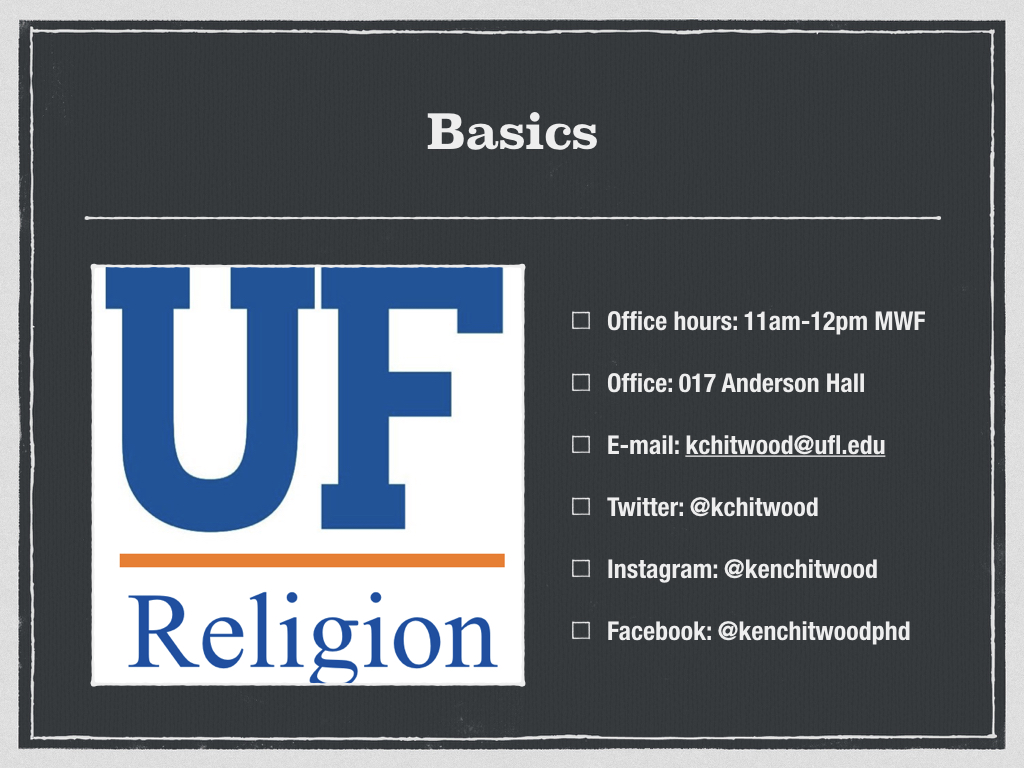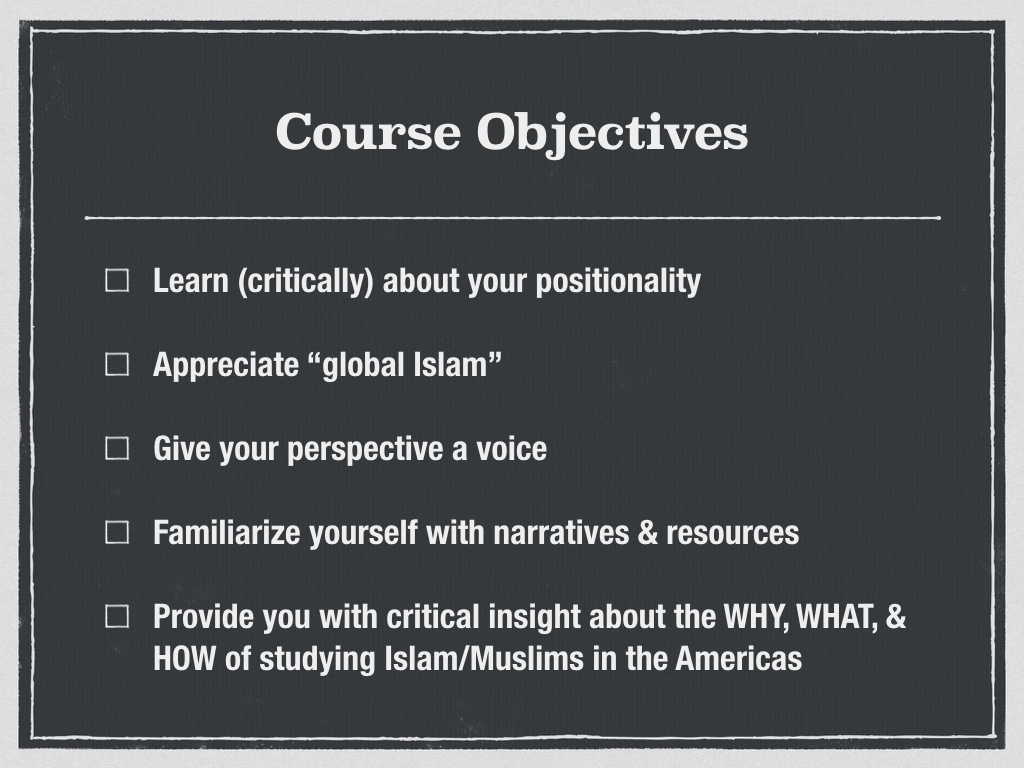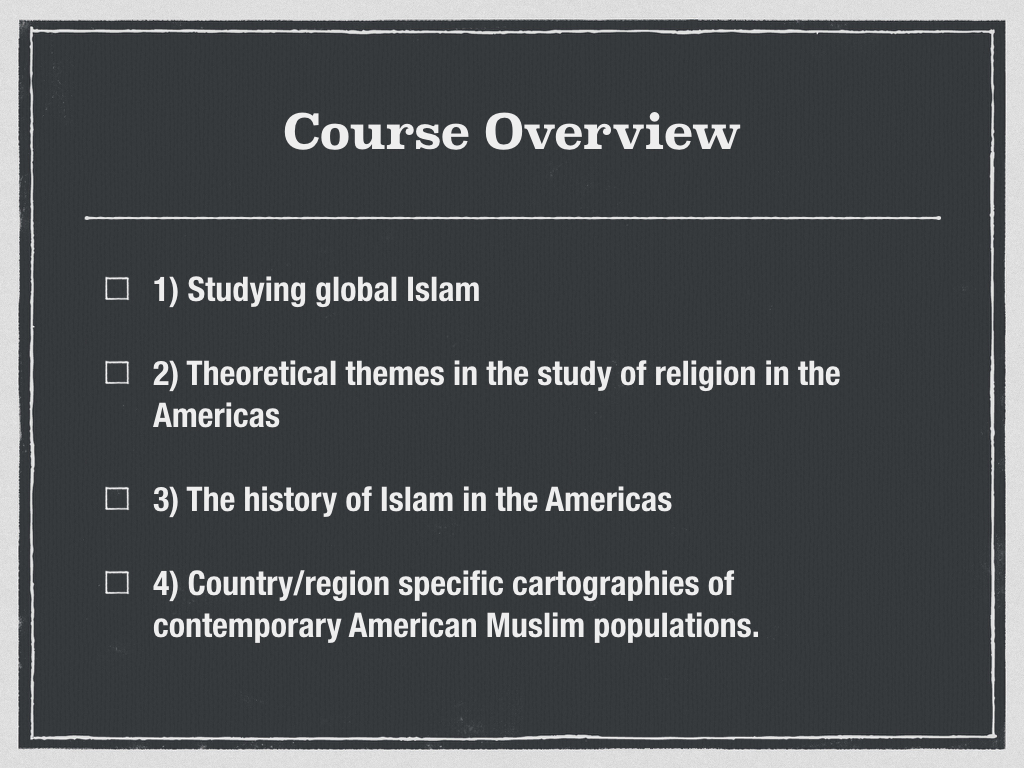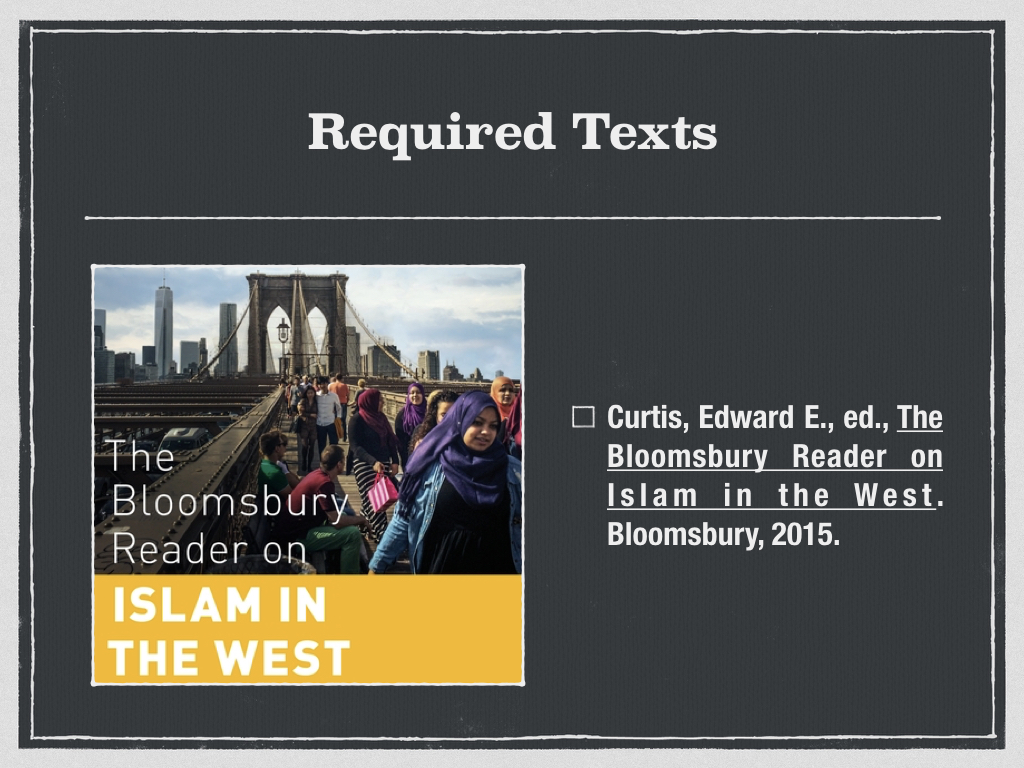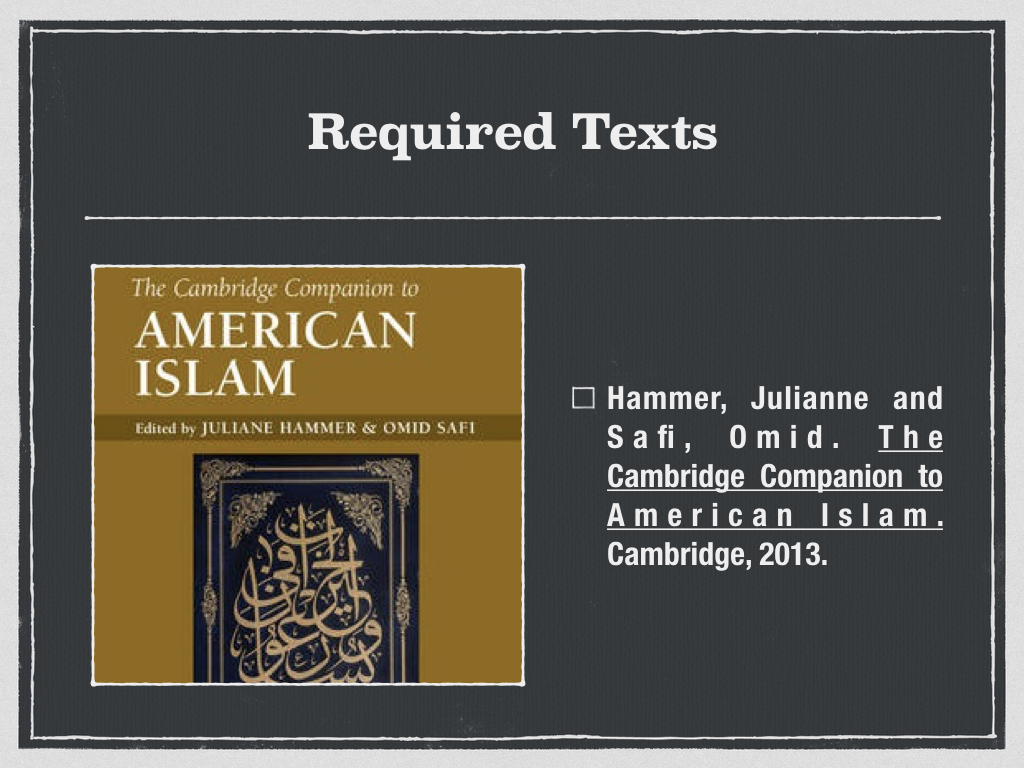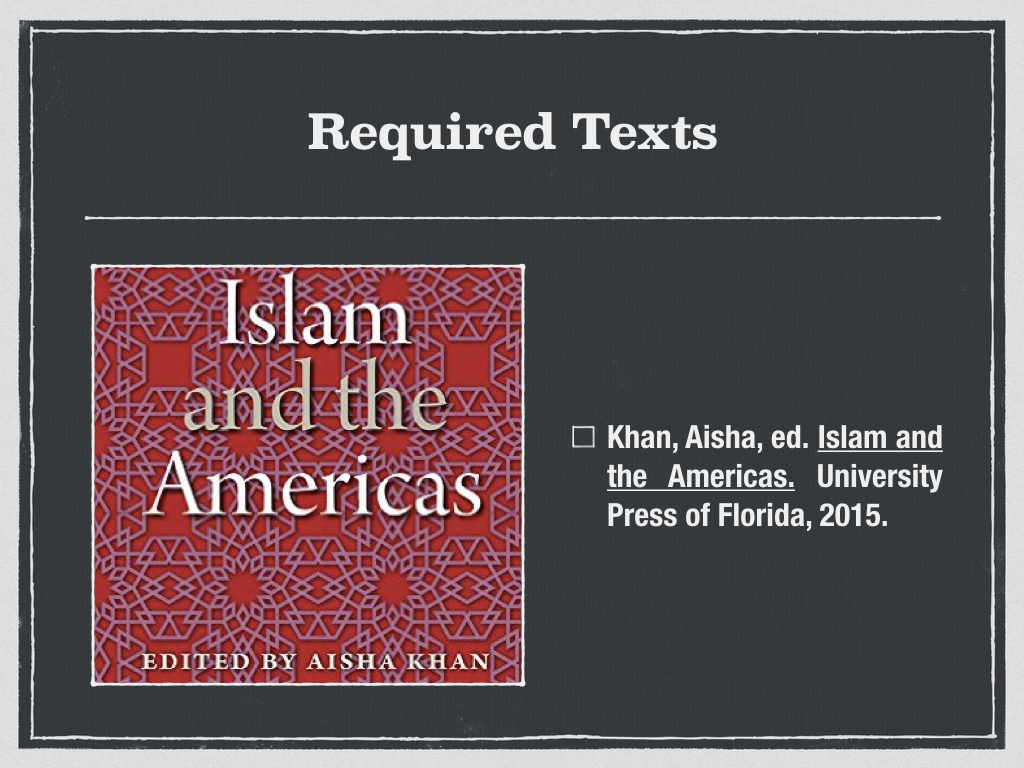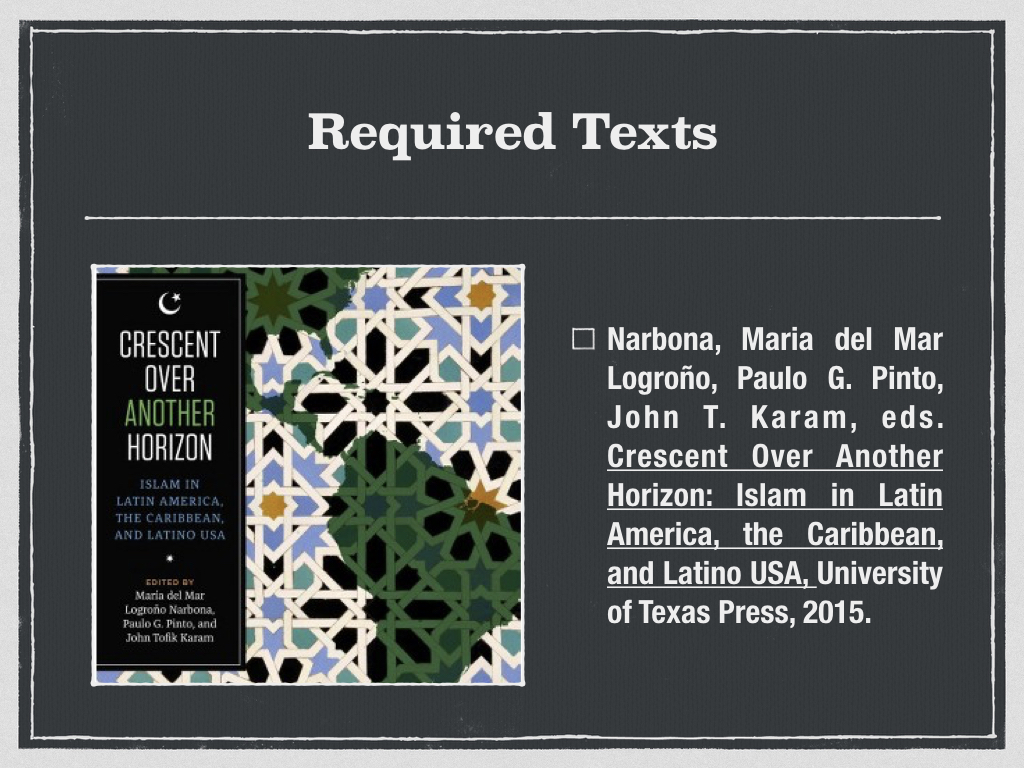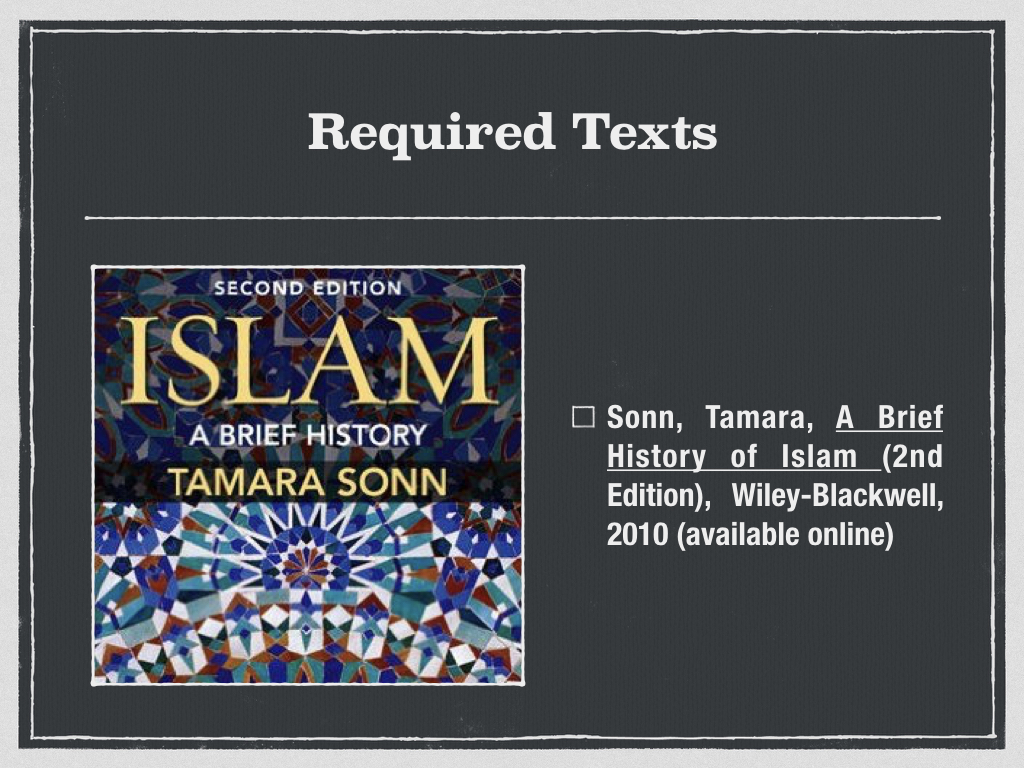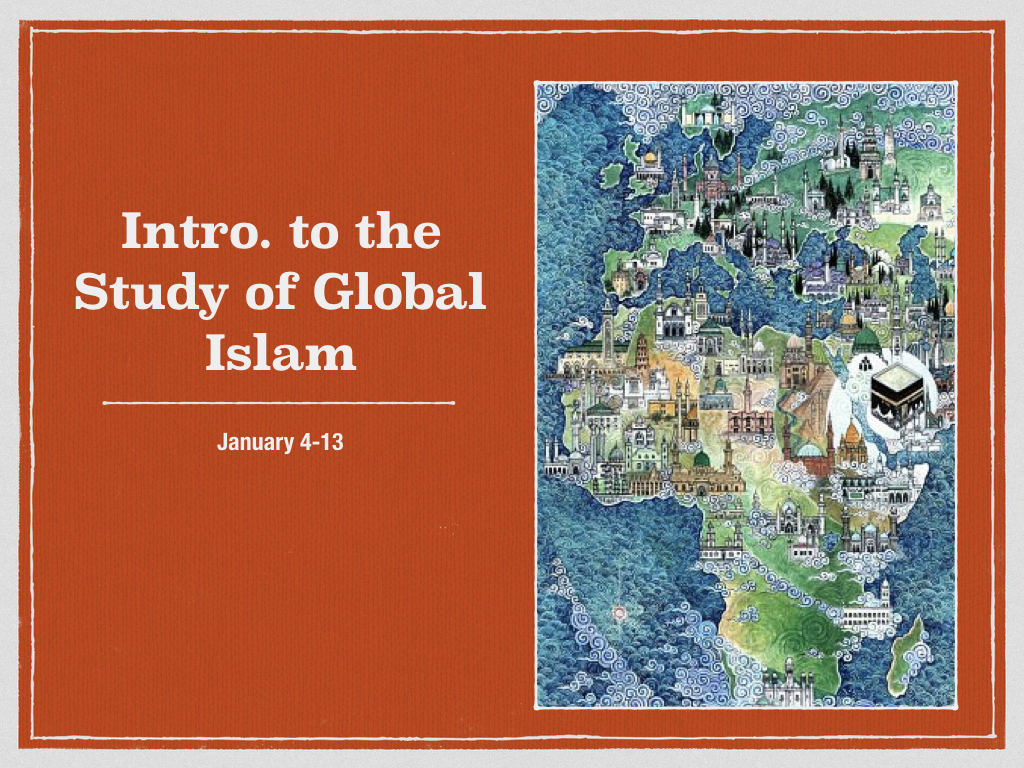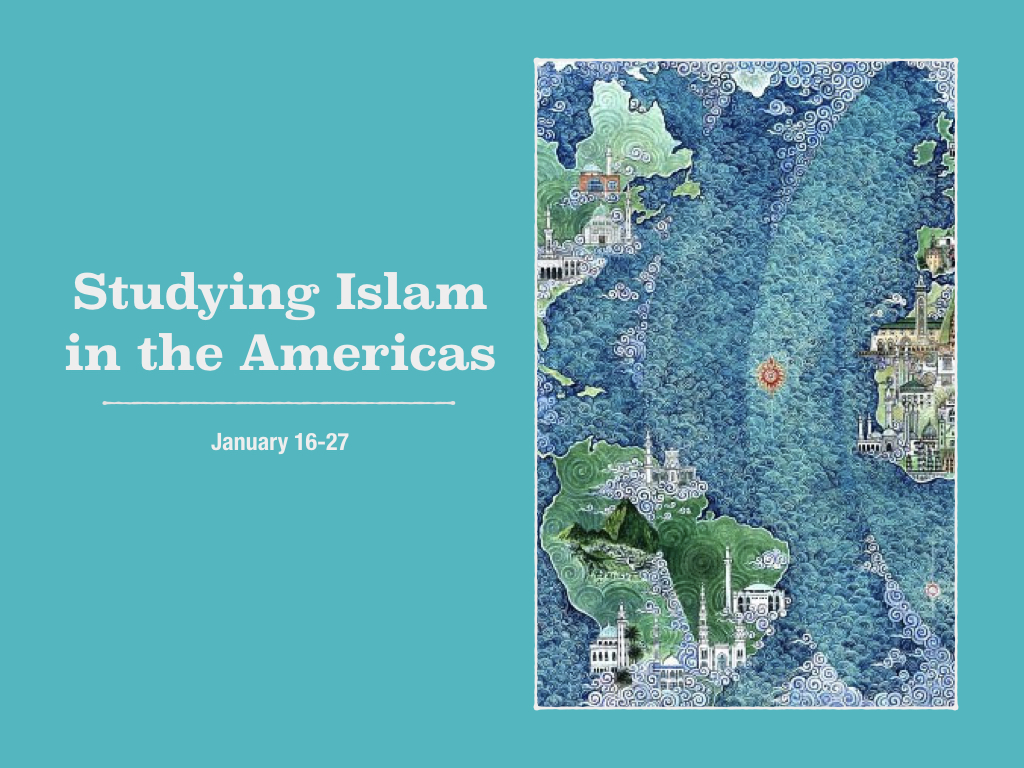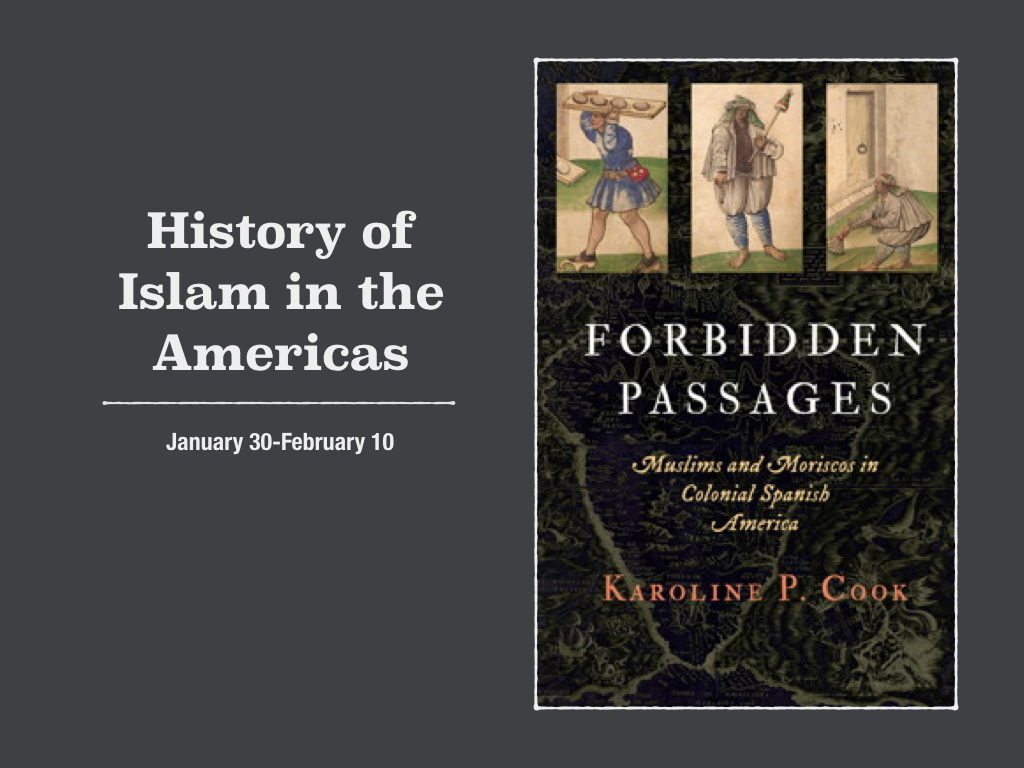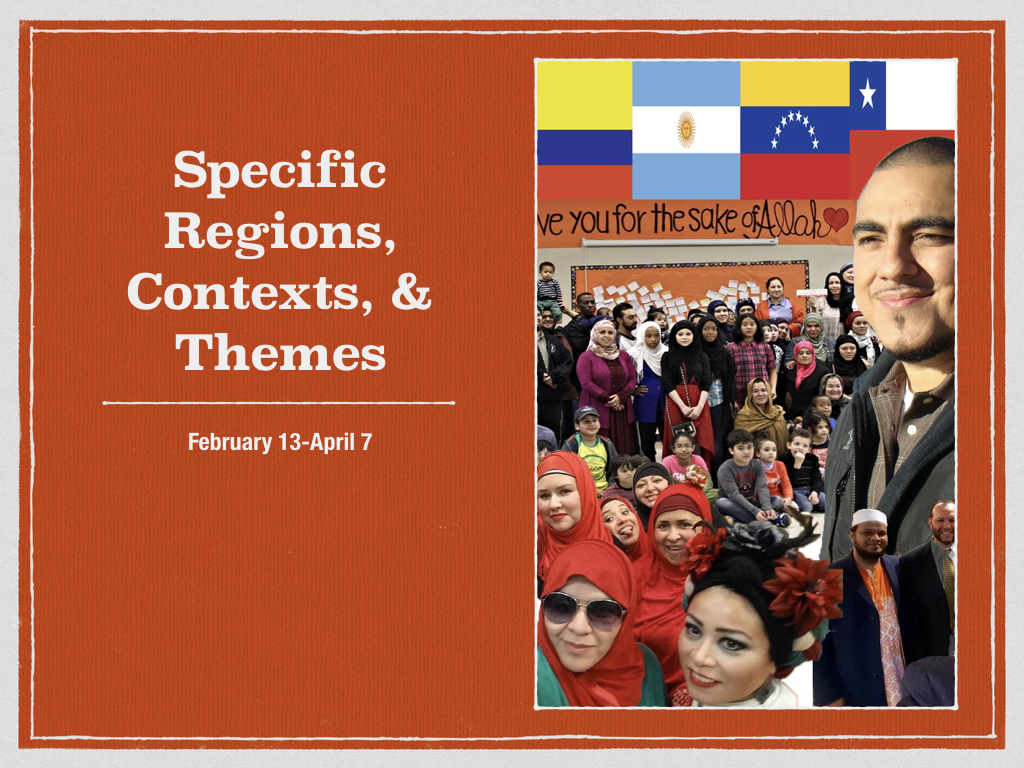"Punish a Muslim Day” was supposed to be a thing.
Letters distributed to homes, lawmakers, and businesses around London back in March encouraged individuals to “take action” against Muslims who have “made your loved ones suffer.” It offered a points-based system advocating for hurling verbal abuse, bombing or burning a mosque, or throwing acid in the face of a Muslim. The date was set for April 3.
The Washington Post reported, “As April 3 approached, many took to social media to share their thoughts on the hate campaign. Some posts urged British Muslims to take care and look out for one another. Others were determined that the letters would not cause them to change their daily habits.”
Others responded on social media with counter-campaigns such as #PublishAMuslimDay or #LoveAMuslimDay. The counter-campaigns won the day, but the uncomfortable questions still remain:
- How could such an advertisement not cause more general concern and outrage?
- What kind of philosophies, postures, and politics lie behind such blatant and brutal hate?
- Why would someone go to the trouble to print and distribute such a disturbing piece of mail in the first place?
Islamophobia — the ignorant fear and hatred of Islam and Muslims, often leading to anti-Muslim rhetoric and possibly anti-Muslim actions — is the root cause of such flagrant hate and viscous verbosity.
By definition, Islamophobia is fueled by ignorance and misunderstanding of Islam and Muslim communities. It’s also fueled by “Orientalism” — the representation of Asia, especially the Middle East, in a stereotyped way that is regarded as embodying a colonialist attitude. These attitudes help fan the flames of anti-Muslim rhetoric, Eurocentrism, and racism in the U.S. and abroad.
If you know me, a lot of my efforts and work are aimed at combatting Islamophobia and Orientalist imaginings of Islam and Muslim communities. It’s in that spirit that I have helped develop an online “Introduction to Islam” course for the University of Florida. It’s the first of its kind.
The course provides an overview of basic Islamic beliefs and practices through an examination of Islamic history, law, and an array of theological orientations as articulated in the traditions of teachings of various traditions. The course also examines Islamic practices in the contemporary period and thereby exposes students to reflect on the realities of religious everyday life and religious change. The course aims to give the students the ability to critically analyze the impacts of Islamic beliefs and values on social and cultural practices, and the formation of institutions, communities, and identities. The course also aims to challenge students to grasp the complex relationship between the discursive traditions of a major world religion as well as the ambiguities of some key terms of Muslim religious thinking.
This course will lead students into an exploration of the basic history, contemporary expressions, concepts and phenomena, beliefs and rituals, communities and common experiences of Muslims across the globe. While such a course cannot amply cover the full extent of Muslim traditions across the ages and around the globe the expectation is that students engaged with this course will come away with a fuller appreciation for the richness and variety of Islam while also possessing a foundational understanding of its core concepts and practices.
As an academic study of the Islamic Tradition and the civilization(s) that it evolved this course is not one of Islamic theology per se (a religiously committed intellectual discipline). Instead, this is an academic investigation of this great religion, which will use an intellectually rigorous and critical lens that draws on history, sociology, anthropology and critical hermeneutics in our study. For those looking for a theology course that sets out to show that one religious tradition is superior to the others or has “the truth," this is not the class that you want. Also for those wanting to demonize the tradition, you too will find yourself challenged and confronted. This course aims to present a critical, but balanced, picture of Islam and Muslims across time and in the world today.
If you are interested in taking this course as a UF student or want to learn more, take a look at the course syllabus or click HERE to find more information about registering for the course.
